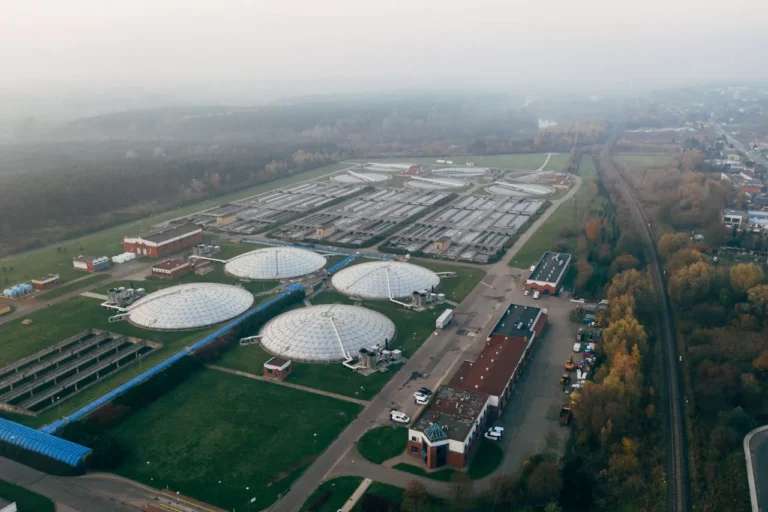
Only half a decade after the end of World War II, France’s foreign minister proposed a groundbreaking idea: “The French government proposes that the Franco-German production of coal and steel as a whole be placed under a common High Authority, within the framework of an organization open to the participation of the other countries of Europe.” This proposal by Robert Schuman not only marked the beginning of reconciliation between former adversaries but also laid the foundation for a unique project: the establishment of the European Union.
In commemoration of this moment, “Europe Day” is celebrated annually on May 9th. Reflecting on over 70 years of European ideas and unity, it is evident that the EU has been a remarkable success in numerous ways. Peace, stability, legal certainty, and freedom of movement are achievements that are not to be taken for granted and require constant acknowledgement. Citizens benefit from comprehensive fundamental rights, employees enjoy at least four weeks of annual leave, young people can study in any other EU country with the Erasmus program, and environmental standards are among the highest globally.
The economic dimension of the European project is equally significant. Over its three-decade existence, the internal market has fostered growth and prosperity, with economic output growing by an average of eight to nine percent, according to a European Commission assessment. This success is largely attributed to the innovative strength of Europeans, which thrives on the diversity within the community.
Economists have calculated that without the EU, many member states would have significantly lower gross domestic product (GDP) per capita. For example, in Germany, the GDP per capita would be over five percent lower, while in France and Italy, it would be four percent lower each, and in Austria and the Netherlands, it would be eight percent lower. In reality, the 24 million companies in the single market recently achieved a GDP of 15.8 trillion euros – around five trillion euros more than in 2009 and around ten trillion euros more than in 1993 when the market was founded. Strong sectors such as the chemical and plastics industry, which ranks second globally, have played a significant role in this growth.
On the global stage, the EU accounts for almost 15 percent of worldwide GDP. However, this share is expected to decline in the coming years as China continues to catch up. This highlights a critical aspect of the European story: it has long relied on assumptions that are no longer valid. The EU must adapt to a new world order characterized by increasing multipolarity, ideological differences, and isolationist tendencies.
To address these challenges, the EU and the single market require fundamental reform. This was underscored by the “Letta report” in February, with further analysis expected in the “Draghi report” in June. The need for reform is not new, as industry stakeholders have been pointing out grievances for years. Recommendations for action include ensuring unity, reducing bureaucracy, expanding shared infrastructure, and simplifying subsidies and regulations.
A key focus should be on maintaining and enhancing the competitiveness of European industry. The recent Antwerp Declaration, signed by over a thousand companies and organizations, emphasizes the urgent need for reform.
In my opinion, it is crucial for the EU to concentrate on its core competencies, especially concerning its position in the global economic landscape. Technological innovation, combined with the ambition to become the first climate-neutral continent by 2050, could be the EU’s unique selling proposition (USP). Europe has the potential to become a global leader in green, circular future technologies, with industries such as chemistry playing a pivotal role.
As the European elections approach in early June, it is essential for citizens to engage and vote. This will ensure that the EU continues to evolve and adapt, ultimately transforming its story into a true bestseller.







